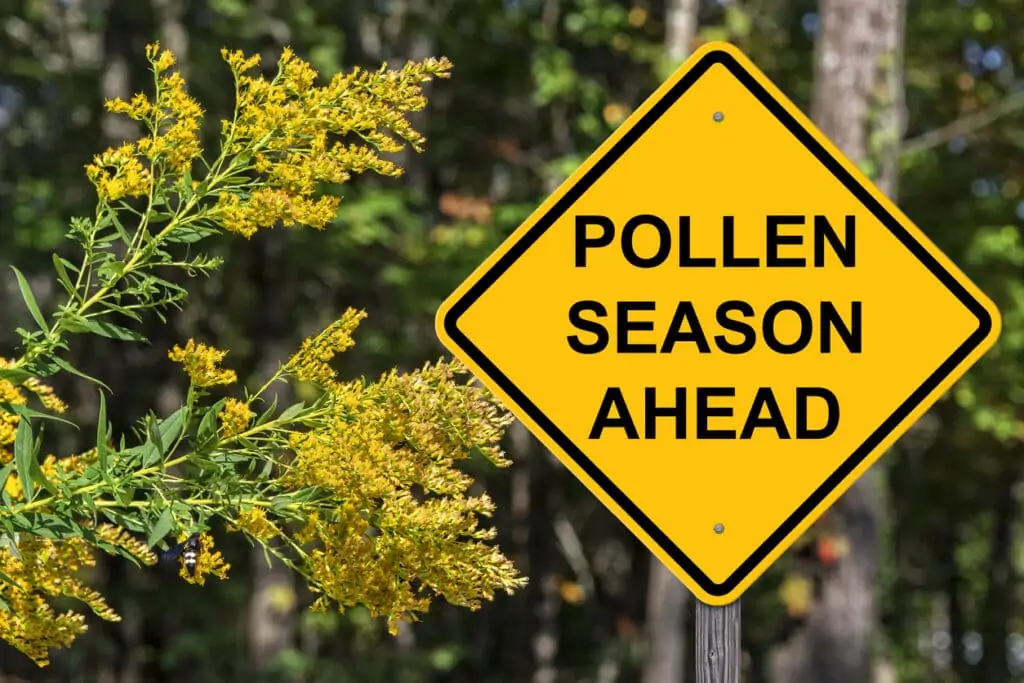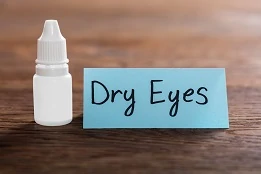Allergy Season Can Be Hard on The Eyes

The annual urge to Spring Clean is tough on those allergic to dust and dander. For eye allergy sufferers, the trade-off for a clean house is a runny nose, watery and itchy eyes, and perhaps a scratchy throat. Maybe just head outside instead for some fun in the warming weather.
Or, maybe not.
A recent study suggests that climate change may be expanding the pollen season and, possibly, increasing the pollen count here in the U.S. Not great news for the allergic. And, particularly bad news for allergy sufferers who rely on contact lenses to see.
Allergies and Contact Lenses
Eye allergy symptoms can make wearing contacts difficult. For some, contacts can make eyes feel dry and irritated, which causes contact lenses to pick up even more things in the air, leading to more irritation. Coupled with allergy-induced symptoms, contact lens wearers may feel even worse. If you tend to have seasonal allergies, pay attention to your symptoms. Red, swollen, and painful eyes are not normal and should be looked at by your eye doctor.
Eye Allergies versus Coronavirus
With the pandemic, there has been a lot of focus on how we feel, our health, and general wellbeing. There’s been a lot of news about symptoms. For eye allergy sufferers, it can be hard to figure out what symptoms are allergen-based and what might be something more serious.
The early symptoms of coronavirus are now pretty well understood and include fever, coughing, and shortness of breath. Allergies don’t typically cause fever. While itchy eyes, runny nose, and sneezing may lead to some coughing and wheezing, an over-the-counter or prescription antihistamine usually takes care of them. That isn’t the case with coronavirus.
Avoiding Allergens
If you’ve been experiencing eye allergies for most of your life, you probably have a handle on your triggers. Dust, pollen, animal dander, and mold are the most common allergens. Finding ways to reduce your exposure to your specific allergen is important. Fortunately, the popularity of washing hands, avoiding touching the face, and wearing a mask outside is likely helping out with outdoor allergies. Keeping your indoor spaces clean, closing windows and using air conditioning, and using a dehumidifier in humid or moist places are all good tips.
Treating Eye Allergies
With the onset of any unusual or severe symptoms, the first thing to do is contact your eye doctor. There are several recommendations he or she may make to help you manage your symptoms:
- If you wear contacts, you may be asked to stop wearing them for a while.
- Don’t rub your eyes, it won’t help and can injure an already inflamed corneal surface.
- Artificial tears can help relieve symptoms and wash allergens out of the eye.
- Over the counter decongestant and/or antihistamine drops help treat eye redness, itchiness, and irritation.
- For more severe issues, your eye doctor may prescribe steroid drops and other medication.
For many, especially those contact lens wearers, allergy season sparks an interest in laser vision correction options including procedures like LASIK and SMILE. For those who are good candidates, these procedures help patients move beyond contacts and be able to face allergy season with one less thing to worry about. As with your allergy treatment options, the best way to find out if laser vision correction is right for you is to schedule some time with your eye doctor. A LASIK consult includes a thorough eye exam that provides important information for determining if laser vision correction is recommended for you and your vision.




